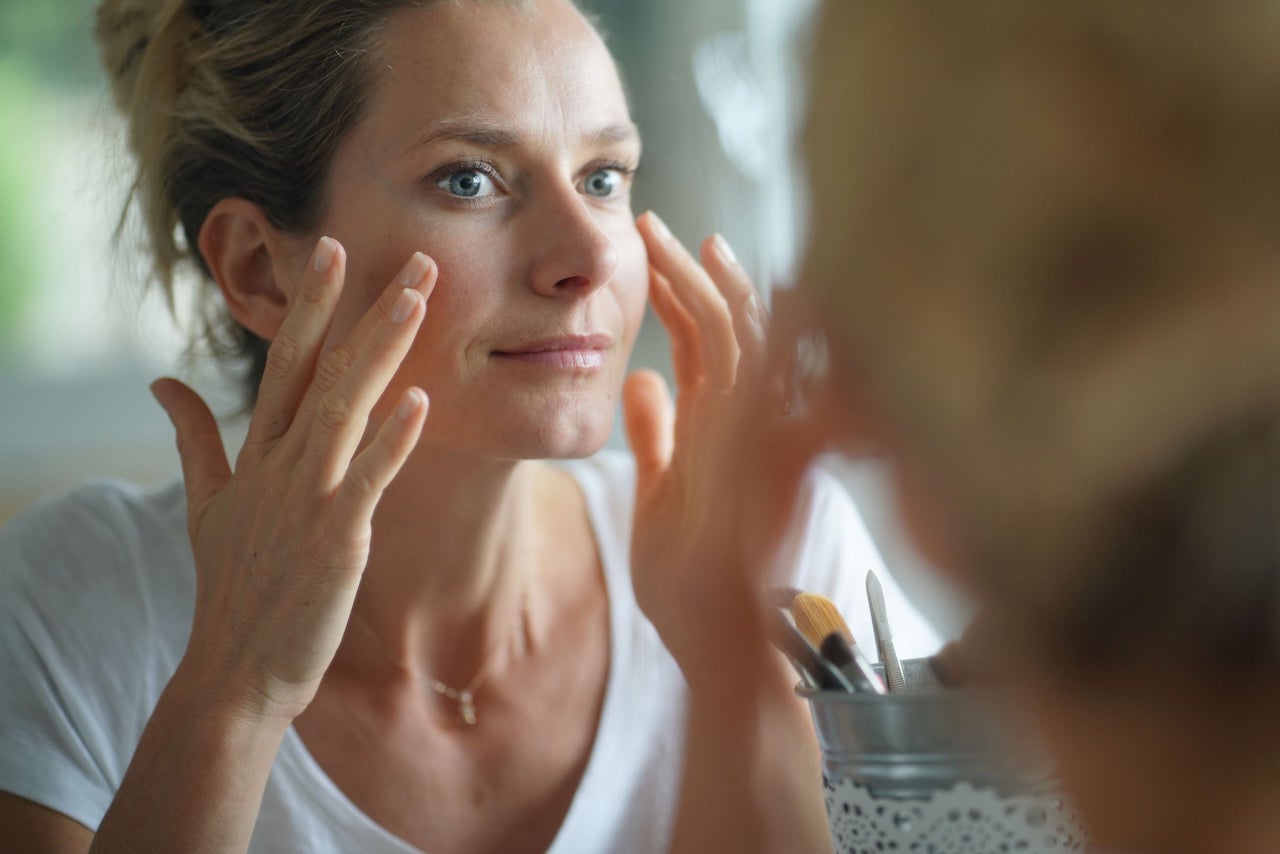While skincare is often considered a primary form of self-care, it is so much more than comforting rituals at the beginning or end of your day. Because the skin is the body’s largest organ, it is essential not to overlook caring for your skin. In general, good skincare is vital to one’s general health. It is also one of the main steps to an overall healthier lifestyle.
When the skin is well taken care of, it thrives. Healthy, youthful, and glowing skin does wonders for one’s appearance—and the boost in confidence you can get from it is an amazing bonus.
With the plethora of skincare products available in the market, it can be confusing to determine where to start, especially if you’re trying things out for the first time. Often, determining which ingredient works well for certain skin issues involves a lot of trial and error.
However, with a good idea of basic skincare ingredients and how they enhance your skin, you’ll be able to create your own foolproof skincare routine in no time.
If you’ve been eyeing some skincare products online but are hesitating to check them out, no need to worry. Below is a rundown of some popular skincare ingredients, so you’ll have a better grasp of what to look for.
1. Antioxidants
The term antioxidant encompasses all ingredients, whether natural and synthetic, that protect the skin from free radicals. Free radicals are naturally produced by the body, but they can also come from environmental stressors such as pollution, UV rays, and cigarette smoke. These cause oxidative stress, which damages the skin.
Not only do antioxidants help to repair the skin but they also correct signs of aging, prevent sun damage, and brighten your skin tone. Some popular antioxidants include:
Vitamin C
Vitamin C is perhaps the most well-known antioxidant. While you can boost vitamin C in your system with a healthy diet, topical vitamin C is a go-to for its many benefits on the skin, including stimulating collagen production, reducing signs of aging, and preventing hyperpigmentation.
Vitamin C works best for people with dull, hyperpigmented, or UV-damaged skin. Look for a good vitamin C serum you can apply in the morning to reduce sun damage on your skin—just make sure to always apply sunscreen afterward.
Vitamin E
Vitamin E is essential to healing the skin—it prevents skin discoloration, fights free radicals, and even prevents acne breakouts. Vitamin E also complements other antioxidants like vitamin C, which is why you’ll notice they’re often paired.
Moisturizers, creams, and lotions—products formulated for dry skin—often contain some form of vitamin E. In general, this ingredient is good for any skin type but is particularly useful for discolored, acne-prone, or aging skin.
2. Collagen
Collagen is the most abundant protein found in the body. In skincare, collagen comes in the form of a fibrous protein from animals. Topical collagen is not concluded to improve the skin’s elasticity; however, it helps lock in moisture and keeps the skin hydrated. Collagen comes in a bevy of products—from moisturizers and creams to serums and gels.
3. Hyaluronic acid
HA is a humectant—referring to substances that help retain moisture—that is naturally found in the body. It is a gentle compound that can sustain up to 1,000 times its weight in moisture in the skin, keeping it well-hydrated, plump, and smooth.
Hyaluronic acid is particularly effective in treating dry skin and improves its elasticity and texture, though it agrees with all skin types. Find HA in products that are designed to be left on the skin such as masks, creams, moisturizers, and serums.
4. Retinol
A derivative of vitamin A, retinol is particularly useful for reversing the signs of skin aging. Retinol is found to inhibit collagen degeneration and stimulate cell renewal and repair. If you want to counter fine lines, wrinkles, and discoloration, over-the-counter retinol and prescription retinoids can be a reliable treatment for you.
Because retinol is prone to causing dryness and irritation, keep in mind that it shouldn’t be used with acids or chemical exfoliants.
5. Salicylic acid
Salicylic acid is the most common beta-hydroxy acid (BHA), a group of oil-soluble exfoliants that penetrate pores, prevent blackheads, and fight bacteria. Its anti-inflammatory properties make it a common ingredient in products designed to treat acne, rosacea, and psoriasis.
It is often formulated as a spot treatment or an active ingredient in facial cleansers. Salicylic acid works best for people with oily skin or those who wish to treat acne, blackheads, and whiteheads.
6. Alpha hydroxy acids (AHA)
Like BHA, AHA is a chemical exfoliant, but it produces a brightening effect on the skin. It stimulates collagen production and exfoliates dull and dry skin. AHA types include glycolic acid, lactic acid, and mandelic acid. AHAs are good for mature or dry skin and are found in many serums, spot treatments, moisturizers, and masks.
7. Peptides
Peptides are made up of amino acids, which also help reduce the signs of skin aging by stimulating collagen production, preventing hyperpigmentation, and repairing sun damage. Peptides are easy to incorporate into any skincare routine because they work well with other ingredients. Look for peptides in products that can be absorbed by your skin such as moisturizers and serums.
Find what works for you
Do you have oily, dry, or combination-type skin? Are you looking to reduce wrinkles and fine lines, prevent acne, or brighten your complexion? Depending on your desired outcome, it is essential to know the right ingredients to bring into your skincare routine. With enough knowledge about these popular ingredients, you can more easily navigate the vast world of skincare, one step at a time.

Leave a Reply